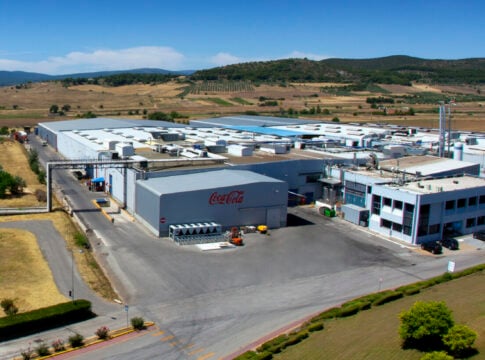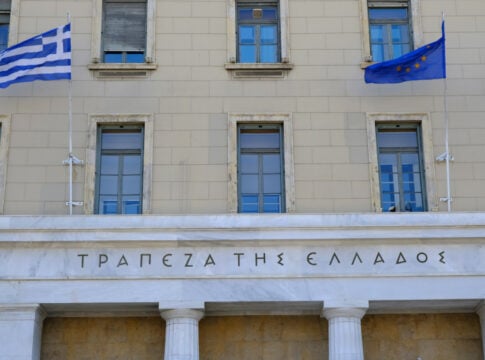The activity of multinationals and subsequently the banking sector are put under the microscope of the Competition Commission as a matter of priority and will be checked for possible partnerships – formation of cartels.
Although the independent authority does not announce in advance specific sectors of the economy to be investigated for competition law violations, in two announcements last Thursday and Friday it announced the launch of two investigations into cereal prices and bank interest rates deposits.
According to competent sources “the controls will not be limited to the specific sectors. The practices of multinationals are always a priority, however the Commission’s audit powers concern almost the entire market. Therefore, in the next period, other investigations will follow in critical sectors, such as energy, shipping, etc.”
Multinationals at the top
We certainly didn’t need the Bank of Greece’s survey to understand that we pay for certain products at much more expensive prices compared to other EU countries.
It should be noted that the Commission’s investigations subsequently paved the way for measures such as imposing a cap on the profit margin of infant formula and limiting promotions and offers to product categories dominated by multinationals, such as detergents, personal care and hygiene products, household cleaners, etc. Regarding the pricing practices of the multinationals, Prime Minister Kyriakos Mitsotakis has requested European intervention in a letter to the President of the Commission, Ursula von der Leyen.
Priority in cereals
However, at the moment, priority is given to cereals as there are more indications of price manipulation practices. In any case, food markets and price formation are the first priority for the Commission.
The banks
The banking industry is under the scrutiny of the Competition Commission for the second time over the last years. The first time, the audit focused on the level of the banks’ fees for withdrawing cash from ATMs using cards issued by other financial institutions, the so-called direct access fee – DAF. This time, the Commission’s investigation into the banking sector concerns the level of interest rates on deposits, which are fixed at almost zero compared to lending rates.














